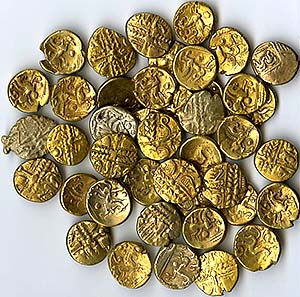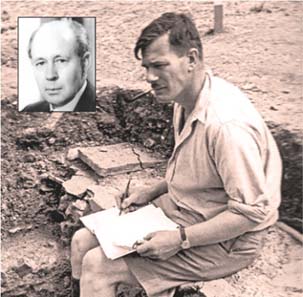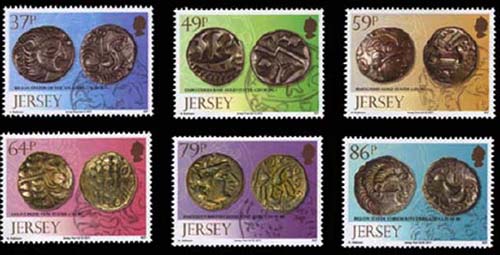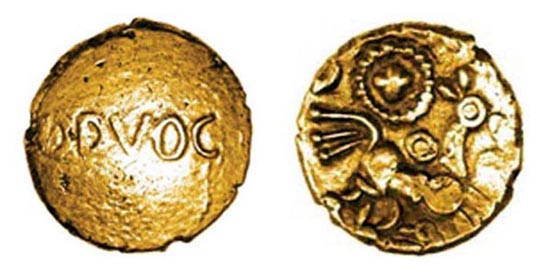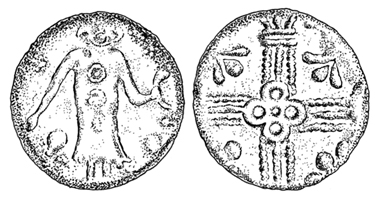The Treveri – the tribe which Treves was named after
On 8 October 2018, the first part of the Dr W. R. collection “Celtic world and Celtic money” will be liquidated in Künker auction 312. We use the ample material provided by the collection to present the history and the coins of the Celtic Treveri tribe.








